(MENAFN- Asia Times)
Back in July 2009, before pundits could point to a recognizable foreign policy from the European Union, there was at least some surety that Brussels led the world in supporting free trade.
“ASEAN and the EU are leading by example: closer cooperation between nations is the only way forward in a globalized world,” Javier Solana, then the EU's foreign policy chief, boasted at a partnership summit in Phuket, Thailand, that month.
The EU was ASEAN's largest trading partner, he noted, and ASEAN was the EU's leading foreign direct investment destination in Asia.“ASEAN and the EU are committed to this principle, but they are also depending on each other to succeed.”
When the EU signed a free-trade agreement with Singapore in 2018, its first with a Southeast Asian country, the city-state's minister-in-charge of trade relations, S Iswaran, stated:“Singapore is glad to have an abiding partner in the EU … to resist nativist rhetoric and inward-looking policies.
“We must sustain a strong stance in favor of free trade and multilateralism,” he added.
When the EU concluded a trade pact with Vietnam the following year, the European Commission described it as the“most ambitious free trade deal ever concluded with a developing country.”
In the 2020 State of Southeast Asia survey, produced annually by the ISEAS-Yusof Ishak Institute in Singapore, the region's opinion-formers were asked who they considered the leading champion of free trade. The EU came second, just behind Japan, with 25.5% of the vote.
In 2021, it again came second. But in the latest survey, for 2022, the EU fell to fourth place, several percentage points behind China.
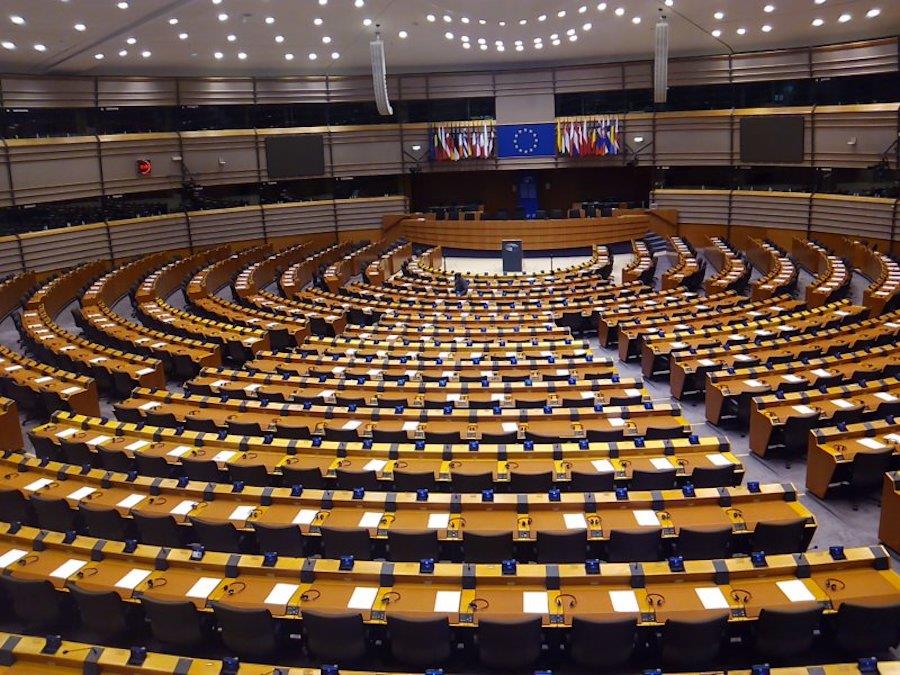
The EU Parliament in Brussels. Photo: WikiCommons
'Mercantilist, protectionist measures'
If the EU's image as a free-trade crusader is under threat, it possibly stems from the EU's own actions, some analysts say.
“The European Union's non-tariff barriers are often seen by critics as mercantilist, protectionist measures by proxy,” said Rahul Mishra, a senior lecturer at the University of Malaya's Asia-Europe Institute.
In mid-March, for instance, Brussels increased tariffs on stainless steel products from Indonesia after alleging that they benefited from unfair subsidies, including some from China's Belt and Road investment program.
On top of existing anti-dumping tariffs, Indonesia will now face an overall tariff of 30.7%, up from 21.4% previously.
The move was designed to protect European steel producers from what the EU's investigators alleged was unfair competition from Indonesia.
“Today we are taking action to counter unfair state-sponsored subsidies in India and Indonesia that directly hurt our workers and companies in this vital industrial sector,” the EU's trade chief, Valdis Dombrovskis, said in a statement on March 16.
Jakarta denied its firms received uncompetitive subsidies, including from China, and charged the EU investigation with not listening to the arguments put forward by Indonesia's diplomats.
Those arguments“clearly proved that there is no subsidy from the Indonesian government to the Indonesian stainless steel industry,” said Natan Kambuno, a director at the Trade Ministry, in a statement last month.
In 2019, the EU slapped what were ostensibly protectionist tariffs on imports of certain types of rice from Cambodia and Myanmar after protests from farmers in Italy and Spain. They lasted from early 2019 until January 2022.
“The tariffs have certainly worked,” Roberto Magnaghi, director of Ente Nazionale Risi, Italy's national rice agency, told Asia Times in January.
He estimated that overall imports from Cambodia and Myanmar dropped by 41% in the 2020-2021 period, the lowest level in the last eight marketing years.
But arguably the biggest bust-up over free trade has come from the EU's plans to phase out palm oil imports, a particular problem for Indonesia and Malaysia, the world's two largest exporters of the product commonly used for biofuel.
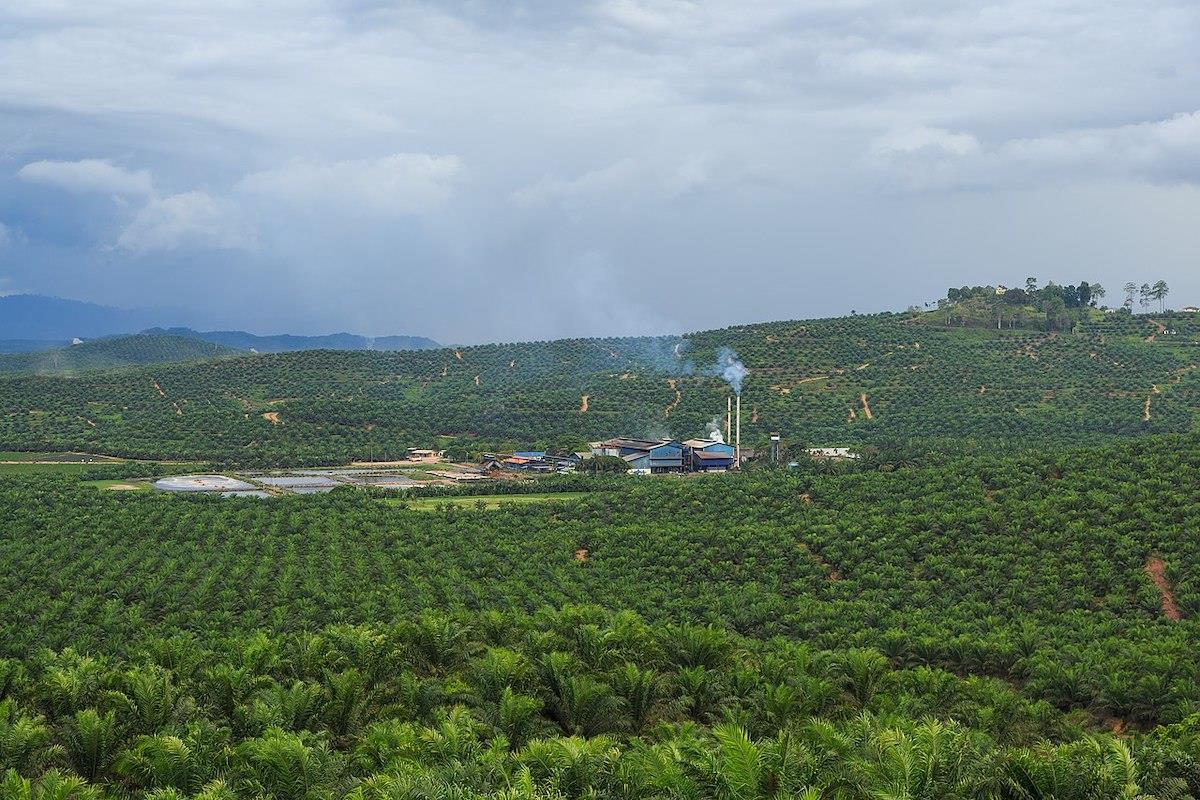
A palm oil plantation in Sabah, Malaysia. Photo: WikiCommons
Phasing out palm oil
The EU asserts that palm oil production is unsustainable and is a major driver of deforestation. Jakarta and Kuala Lumpur counter that they are making their palm oil sector more sustainable, and contest claims that it has such a drastic impact on deforestation as Brussels claims.
Both Southeast Asian countries have threatened to take their case against the EU to the World Trade Organization (WTO) over what they consider to be a protectionist move to help Europe's own vegetable oil producers.
The EU denies it is a protectionist measure, yet some allege hypocrisy from Brussels.“The EU's failure to immediately stop production and use of rapeseed and soybean oil while banning palm oil imports was not appreciated by many in the region,” said Mishra.
According to Mishra, soybeans and rapeseed, which have been promoted as alternatives to palm oil as a biofuel,“are far less efficient in battling climate concerns and require more fertilizers and arable land for production.”
It is little surprise that the EU's image as a defender of free trade has been dented the most in the Southeast Asian countries on which it has slapped protectionist tariffs.
In the 2021 State of Southeast Asia survey, some 29.5% of Indonesian respondents said the EU was the main champion of global free trade, the highest share of any country. Trust fell to only 12.2% in the 2022 survey.
Cambodians ranked the EU as the main champion of free trade in 2021, but in 2022 they considered it only third best.
Igor Driesmans, the EU ambassador to the ASEAN bloc, responded that in all of these cases when faced with unfair trade practices, the EU acted within the rules of the WTO.
“The EU remains a great supporter of free trade, multilateralism and the rules-based international order,” he stated.
“The EU's trade policy aims to increase trade and investment opportunities by removing trade barriers, such as tariffs and quotas, and by guaranteeing fair competition.”
He has a point. The EU offers preferential low-tariff and quota trade schemes to several Southeast Asian states.
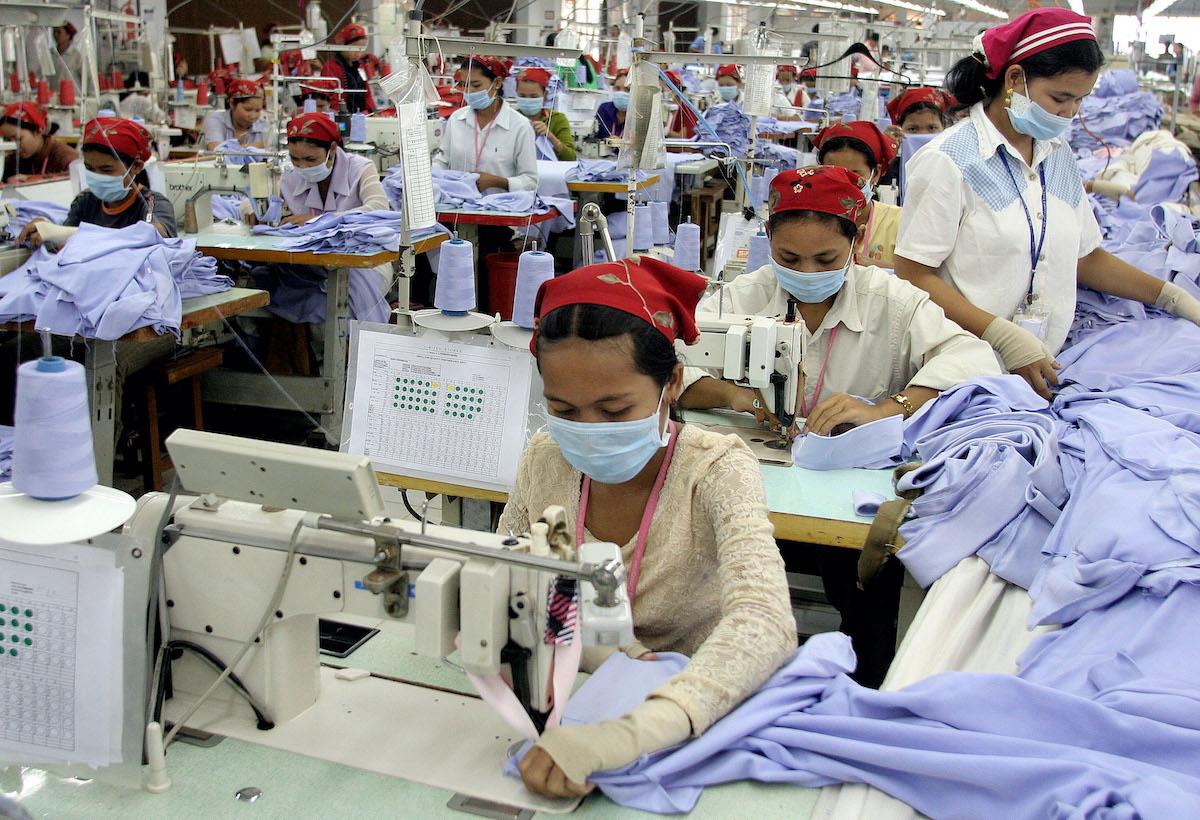
Cambodian garment workers at a factory in Phnom Penh. Garments were one of the country's biggest exports. Photo: AFP / Tang Chhin Sothy
Cambodia's trade privileges
Even when in August 2020 Brussels punished the Cambodian government for its human rights abuses by cutting trade privileges under the Everything But Arms scheme, it only reimposed tariffs on about a quarter of imports, and not Cambodia's main exports.
Yet there has been a change of direction from Brussels in recent years.
In February 2021, the European Commission set out a new trade strategy based on the concept of“open strategic autonomy.”
This policy builds on the“EU's openness to contribute to the economic recovery through support for the green and digital transformations, as well as a renewed focus on strengthening and reforming global trade rules to ensure that they are fair and sustainable,” Driesmans, the EU ambassador, said.
“The new strategy,” he went on,“prioritizes a major reform of the WTO, including global commitments on trade and climate, new rules on digital trade, reinforced rules to tackle competitive distortions and restoring its system for binding dispute settlement.”
The European Commission, the executive, has tried to wrestle control of trade relations away from the 27 member-states since 2019, yet it continues to struggle against the European Parliament, which is more circumspect of trade deals.
After the Commission agreed to a last-minute investment pact with China in late 2020, the European Parliament was quick to say that it would struggle to pass the legislation. The pact was put on ice the following year after Brussels and Beijing exchanged sanctions on each other's officials.
Even the Commission has changed its tune. The buzzwords now are“open strategic autonomy,” an attempt to commingle self-sufficiency with international trade.
For its advocates, it means supporting free trade when it's in the EU and the other partner's interests, rather than the traditional no-questions-asked tendency to boost trade wherever and without consideration of long-term issues.
A report from Politico Europe last year noted that free-trade proponents in the Commission battled to include the word“open” first, but they are up against national governments, especially France, which want a greater emphasis on“strategic autonomy.”
Yet it's also the result of the political and social reaction that erupted in 2013 when negotiations began over the Transatlantic Trade and Investment Partnership (TTIP), a mega-deal between the EU and US.
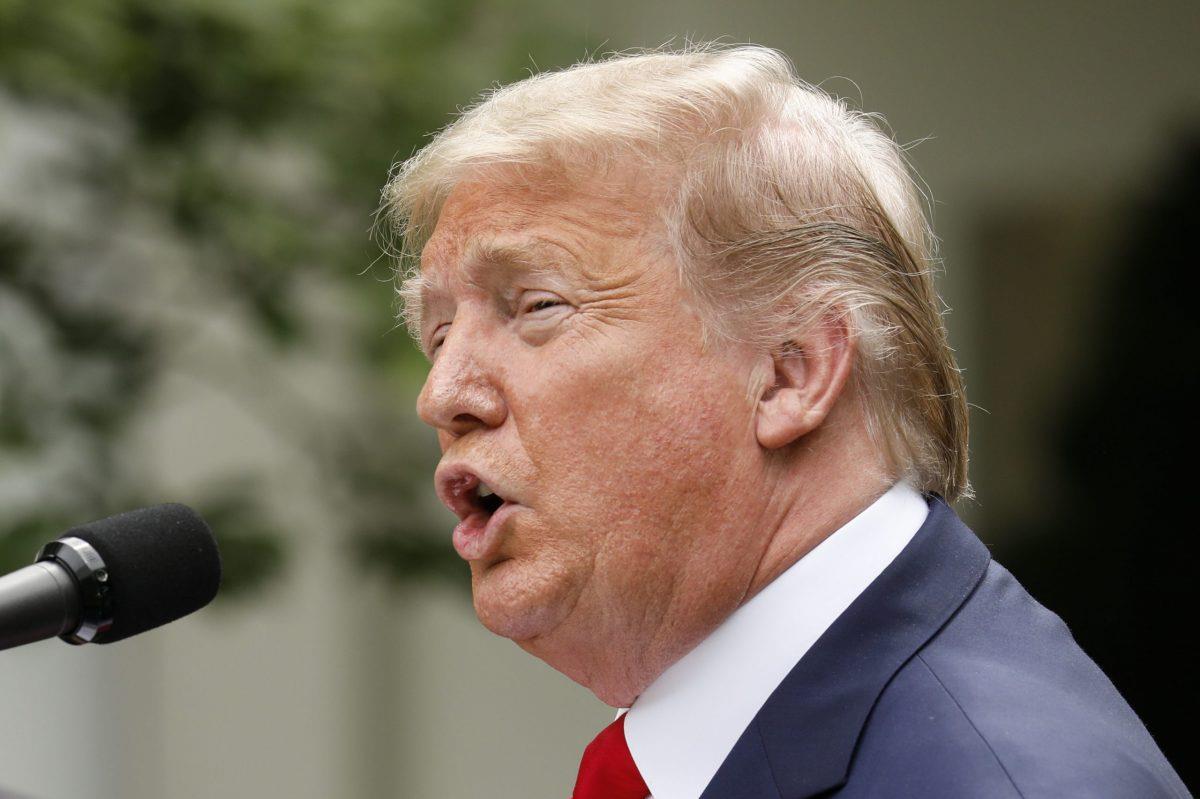
Analysts say President Donald Trump's trade policies delivered few tangible benefits to the US economy while undercutting the multilateral trading system. Photo: AFP
Trade pact killed off
It was accused of potentially undermining European regulations, allowing differently-farmed meat to enter EU markets, and of sacrificing the welfare rights of EU citizens for the sake of free trade. Trade pact negotiations were killed off when Donald Trump became US president in 2017.
Afterwards, the EU started paying more attention to ethical issues like workers' rights in their trade relations – which became a big issue in the free-trade agreement with Vietnam – and since 2019 on environmental sustainability.
“Making globalization more sustainable and fairer should be the underlying driver of trade policy, delivering on the expectations of Europeans and other people around the world,” the Commission's 2021 trade strategy states.
It goes on:“Following the wave of new agreements in recent years, the Commission will focus its efforts on unlocking the benefits of the EU's trade agreements, coupled with assertive enforcement of both its market access and sustainable development commitments.”
But behind all of this lies a fundamental battle of ideas between those in the EU who want to maintain a commitment to free trade and those who want to steer the bloc towards more inward-looking self-sufficiency.
In early 2021, Sweden's trade minister, Anna Hallberg, spoke of a group of eight EU states, including Germany and the Netherlands, who are trying to fight for“open, free and fair trade” against what she called“protectionist tendencies” within the bloc.
The EU isn't alone. Economists warn that the high watermark of global free trade, or globalization, might have already passed and we are now entering a world of greater protectionism and self-sufficiency.
Vivekanand Jayakumar, an associate professor of economics at the University of Tampa, argued last month:“Following the peak of the recent globalization wave, we are now entering the de-globalization phase.”
Partly the result of the Covid-19 pandemic, the apparent lurch away from global free trade has been exacerbated by the Russian invasion of Ukraine, which has convinced many European governments of the greater need for self-sufficiency, especially but not exclusively on energy supplies.
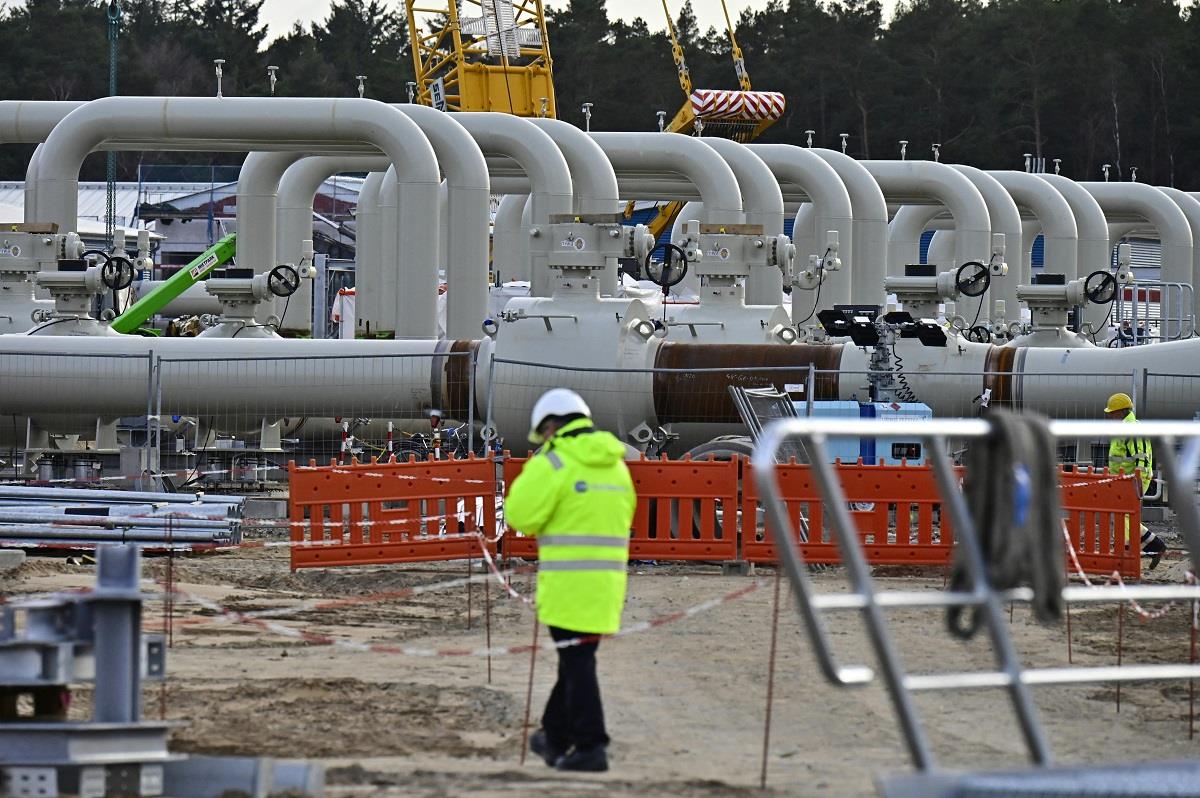
A worker on the construction site of the Nord Stream 2 gas pipeline in Lubmin, northeastern Germany. Photo: AFP / Tobias Schwarz
An end to globalization?
The war in Ukraine has precipitated“an end to the globalization we have experienced over the last three decades,” Larry Fink, the chief executive of BlackRock, the world's largest asset management company, wrote recently to his shareholders.
Decoupling from Russia is underway, but there are many in Europe who argue that the EU needs to look at its trade relations with other states that could potentially up-turn the global order.
What happens if Europeans remain as reliant on Chinese imports as they now are, and then Beijing launches an assault on Taiwan?
Similar to US president Donald Trump's“trade war” with China that started in 2018, this could benefit Southeast Asian economies, especially if decoupling means moving European investments and import contracts elsewhere in Asia.
On the other hand, it could imperil the basis of global free trade as we've known it since the early 1990s, a system that has allowed ASEAN's share of global GDP to surge from 1.5% in 1990 to 3.7% by 2019, according to World Bank data.
Follow David Hutt on Twitter at @davidhuttjourno
MENAFN13042022000159011032ID1104005134